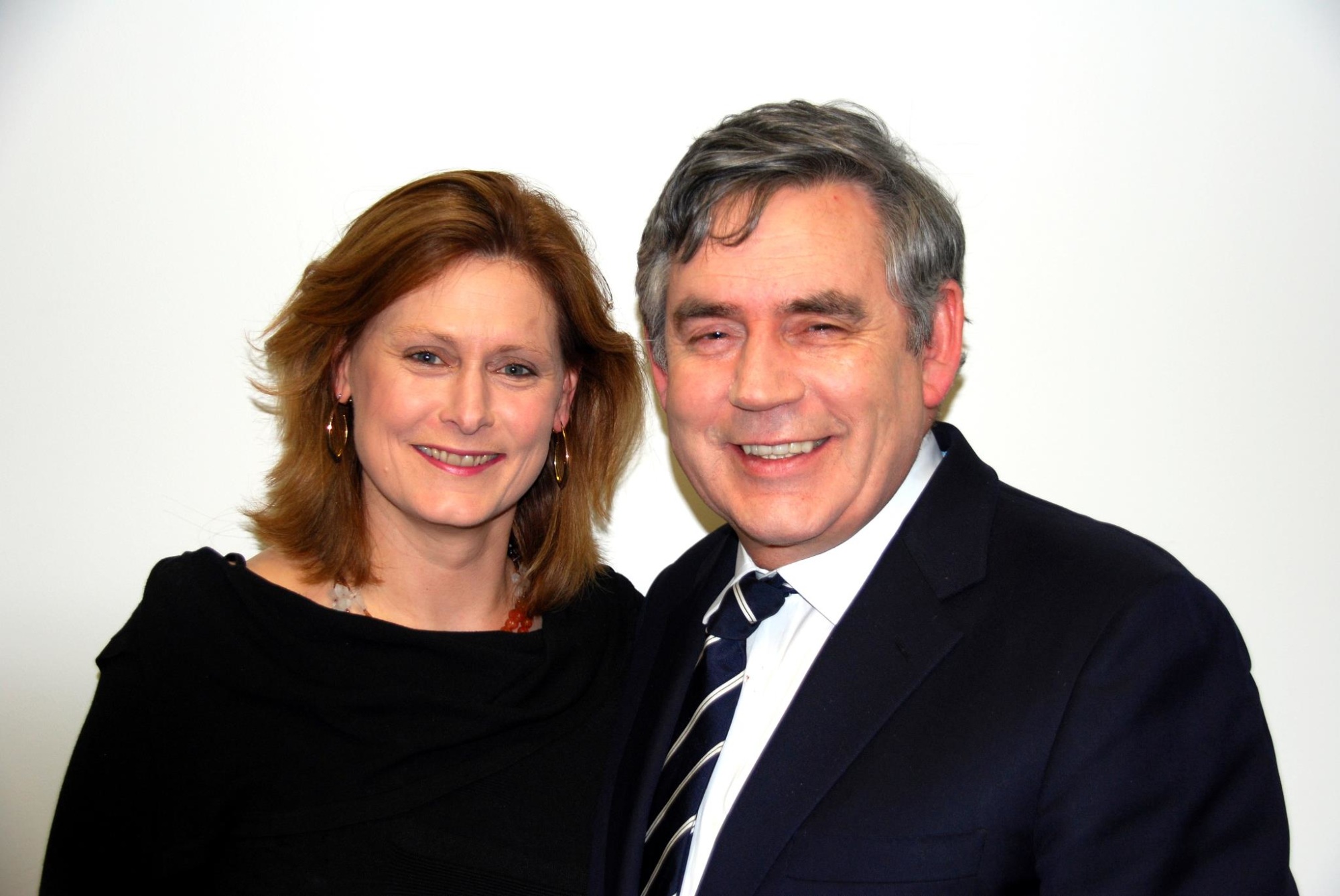
Five things you need to know this week in the global campaign to give every child a quality education
Child marriage, Children in conflicts, Education in emergencies, Refugees and internally displaced people, Safe schools, Sarah Brown, Teachers and learning
Child marriage in Lebanon, the need for safe schools, a top teacher, a Yemeni orphan and refugees in Uganda all feature in our new weekly roundup of latest news from the world of global education and early childhood development.
1. More debt-ridden Syrian families marry off their daughters
Rising debt is forcing more Syrian refugee families in Lebanon to marry off their children – depriving them of vital education and opportunities.
A United Nations report said the number of child marriages is growing. It revealed that:
- 29% of Syrian girls aged between 15 and 19 are married in Lebanon
- 69% of Syrian refugee families in Lebanon are living below the poverty line
- Nearly eight out of 10 Syrian kids aged three to five and 15 to 17 are not in school
The UN’s annual vulnerability study said many children are forced to work, cannot afford transportation or lack the supplies they need to go to school.
These findings are a reminder to all of us that the situation for children is becoming more delicate. We are seeing refugee families resorting to behaviours that put their children at increasing harmful risks. Tanya Chapuisat, UNICEF Representative
2. Why children need to be in safe schools
Theirworld’s report Safe Schools: The Hidden Crisis looked at the enormous scale of attacks on schools and threats to education suffered by millions of children.
By 2030, nearly one in three children could be living in places where their education is under threat due to conflict, environmental disasters and many forms of violence.
Today Sarah Brown, education campaigner and Chair of Theirworld, talks to the global development platform Devex about the need for safe schools.
She says: “It’s a massive problem that no one is addressing, it’s underfunded and overlooked.” Sarah adds: “It’s really simple – safe schools is all about learning and if your focus is learning then safety mustn’t be overlooked.”
3. 'World's best teacher' is honoured again
New Year honour for Global Teacher Prize winner. Andria Zafirakou appointed an MBE for her services to education and young people in Brent, west London https://t.co/xvhKf4FrM4 | TES
— School News (@schoolsontap) December 30, 2018
Andria Zafirakou was named the world’s best teacher in 2018 when she won a $1 million global prize. Now she’s been recognised again – this time in the British New Year honours list, where she was given an MBE for her services to education and young people.
Andria was chosen from 30,000 candidates to win last year’s Global Teacher Prize. A teacher at an inner-city London school, she worked with police on a gang violence problem, came up with a new curriculum to encourage an ethnically-diverse student population and learned the basics of many of the 35 languages spoken by the students.
The 40-year-old said the MBE was “a wonderful surprise”.
4. Face of Yemen war who just wants to go to school
The plight of Buthaina Mansur al-Rimi went viral after an air strike in Yemen wiped out her entire family and left her an orphan.
Pictures of her swollen and bruised face were featured around the world in 2017 and the Saudi-led alliance admitted responsibility for the attack, which it said was a “technical mistake”.
Now Buthaina says she is looking forward to going to school for the first time. She told AFP news agency: “I want to go to school and become a doctor. I want the war to stop and for us to live in peace… for the children of Yemen to live in peace.”
The conflict in Yemen has deprived two million children of education and damaged or destroyed over 2500 schools.
5. Hope for refugee children in Uganda
Huge numbers of refugee children in Uganda are not enrolled in school. But the government – backed by a broad international coalition including Education Cannot Wait (ECW) – is stepping up to meet their needs.
Among those being helped by the fund for education in humanitarian emergencies is five-year-old Juma Mawa, who now attends the Hope for the Children Early Childhood Development Center in the Imvepi refugee settlement.
He said: “In South Sudan, I was not going to school but when we came here, the school was near and my father brought me here.”
Learn more about how education is being delivered to refugee children in Uganda by Education Cannot Wait and others. And read our in-depth interview with ECW Director Yasmine Sherif.
More news

